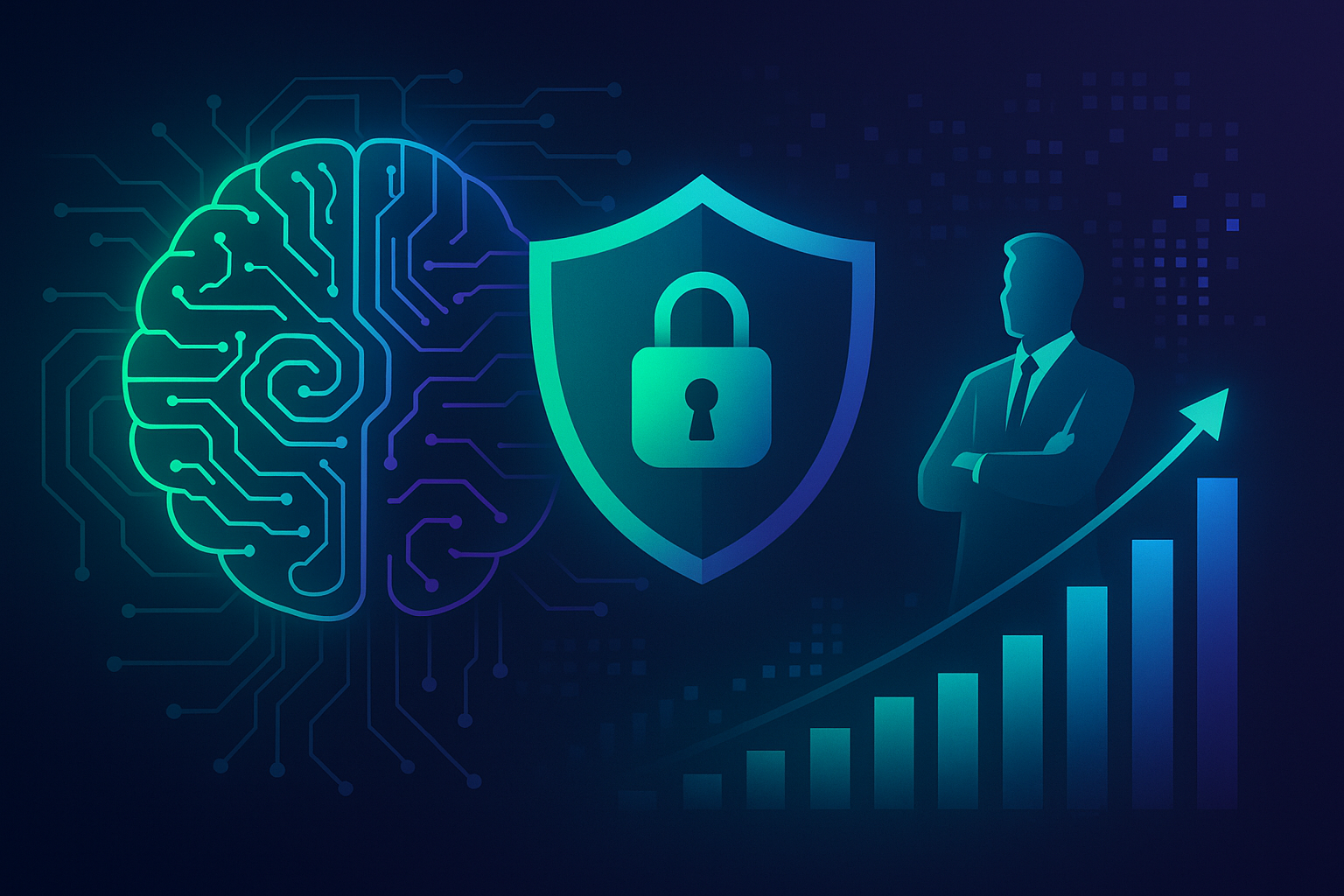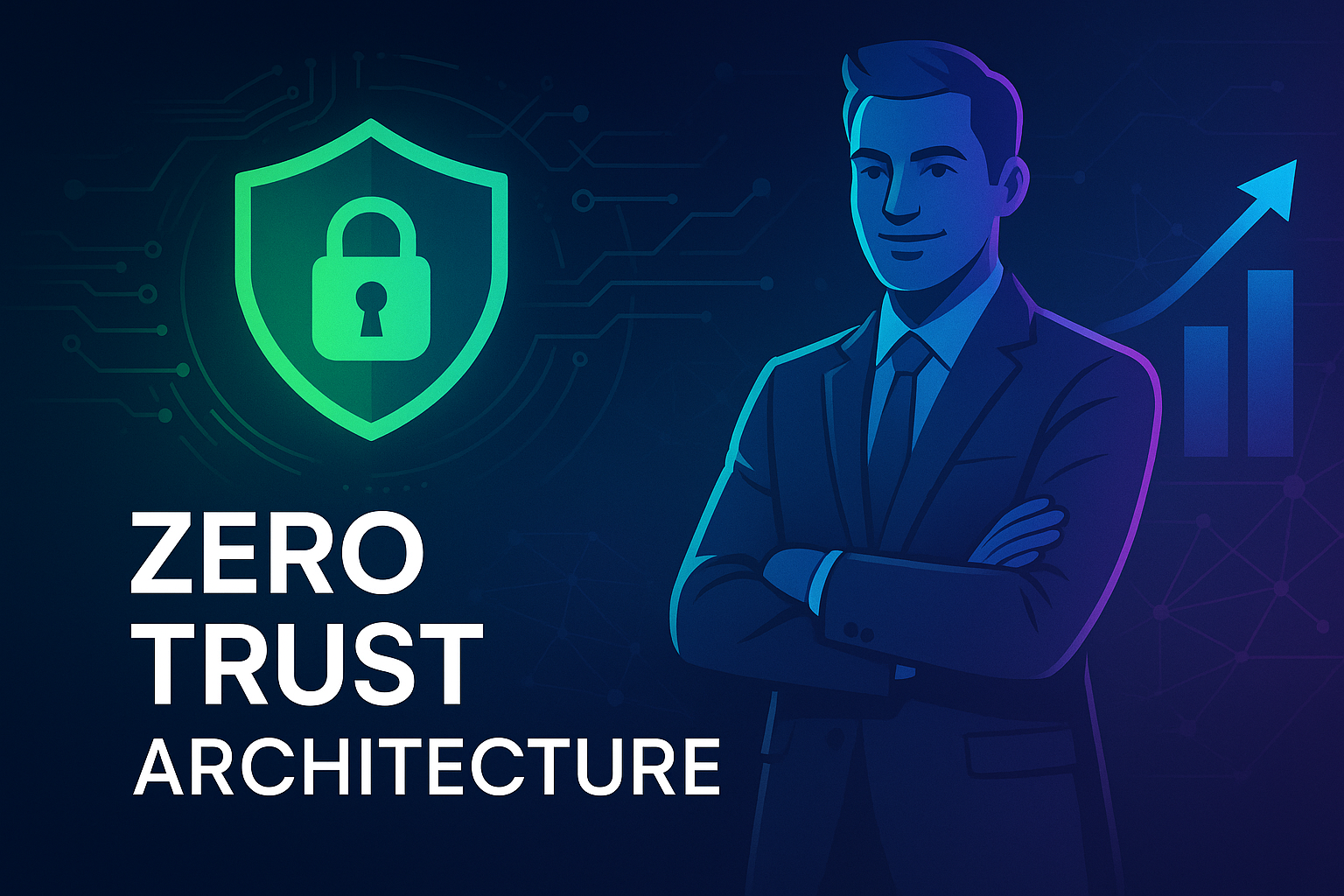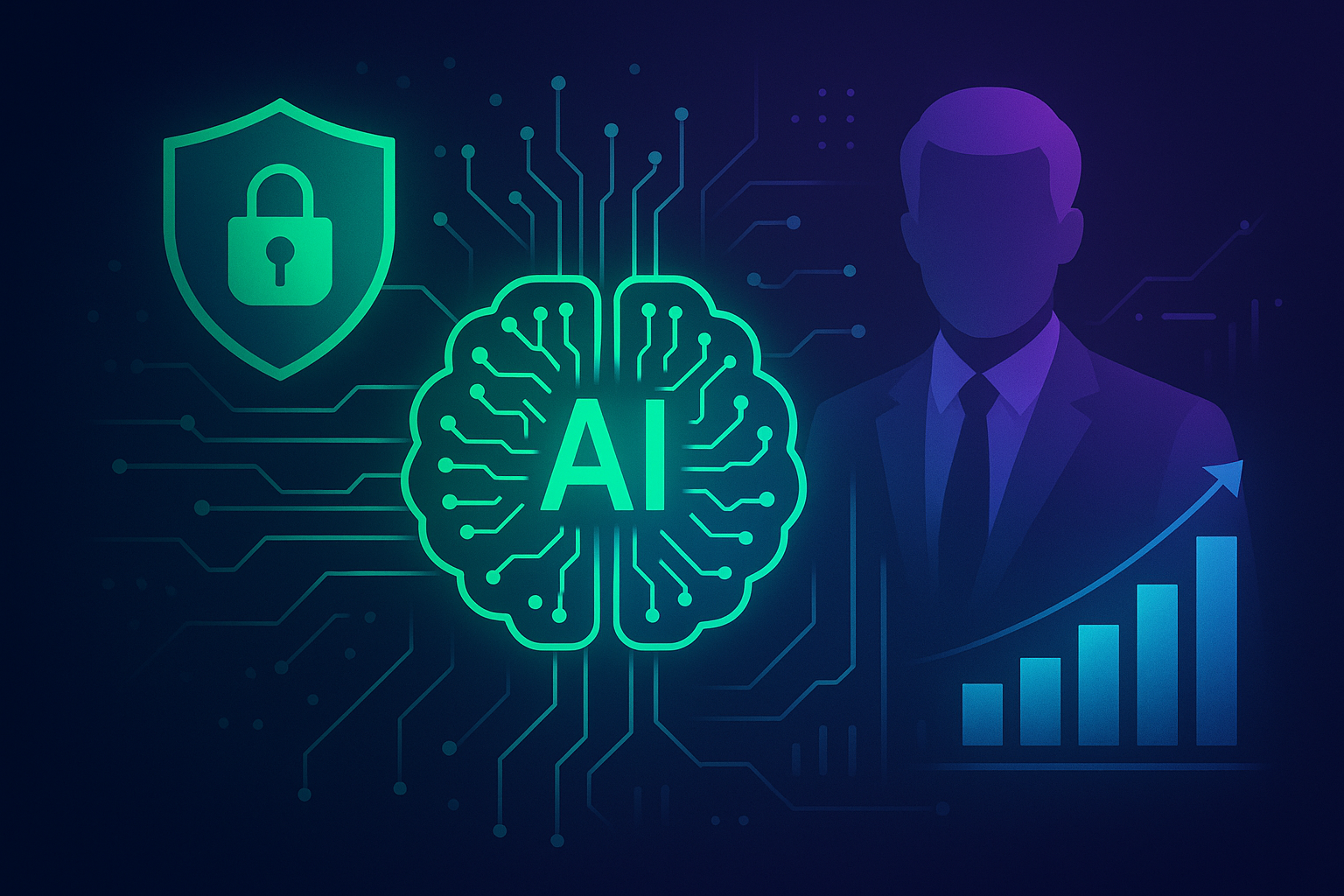Bitter APT Targets Turkish Defense Industry: A Wake-Up Call for Enhanced Cybersecurity
As we wrap up 2024, the cybersecurity landscape remains a challenging environment, with sophisticated threat actors constantly evolving their tactics. A recent headline has caught significant attention, revealing that the Bitter Advanced Persistent Threat (APT) group has been targeting the Turkish defense industry. This development underscores the need for enhanced cybersecurity measures, not just in Turkey but globally, especially for entities operating within sensitive sectors.
Understanding the Bitter APT and Its Activities
The Bitter APT group, a known cyber threat actor, has a history of focusing on geopolitical targets. Their recent campaign against Turkish defense entities highlights their continued penchant for espionage, gathering intelligence that could potentially destabilize national security. Bitter APT leverages sophisticated phishing attacks and advanced malware to infiltrate networks, aiming to extract sensitive information.
This incident serves as a reminder of the critical value that intelligence plays in national defense. It also emphasizes the necessity for robust cybersecurity services, particularly in sectors like defense that are consistently targeted by cybercriminals.
The Need for Comprehensive Cybersecurity Solutions
Organizations within the defense industry, alongside other critical sectors, must reinforce their cybersecurity posture to mitigate threats from APTs such as Bitter. This entails deploying advanced solutions like Endpoint Detection and Response (EDR), Extended Detection and Response (XDR), and Managed Detection and Response (MDR). These technologies provide a multi-layered security approach, offering real-time threat detection and response capabilities.
- EDR, XDR, and MDR: These services help to monitor active threats and provide rapid response to minimize damage. By leveraging machine learning and behavioral analysis, organizations can detect even the most subtle anomalies.
The importance of having a Next Generation Firewall (NGFW) cannot be overstated. NGFWs provide superior protection against a wide range of threats including intrusions and application-layer attacks, by combining traditional firewall capabilities with advanced filtering functionalities.
Managing Vulnerabilities and Proactive Monitoring
Vulnerability management remains a cornerstone of a sound cybersecurity strategy. Implementing a service like Vulnerability Management as a Service (VMaaS) allows organizations to identify, assess, and prioritize vulnerabilities, ensuring that critical security gaps are addressed promptly.
Moreover, employing SOC as a Service (SOCaaS) ensures continuous monitoring and management of security systems. These services provide 24×7 vigilance against threats, offering real-time alerting and responses which are crucial in thwarting sophisticated APT attacks.
For industrial entities, an Industrial SOCaaS offers specialized monitoring solutions tailored for industrial environments, which often face unique challenges compared to standard IT infrastructure.
The Role of Cyber Threat Intelligence
Understanding the threat landscape is crucial for defending against sophisticated attacks. Cyber Threat Intelligence (CTI) services provide actionable insights into emerging threats and potential adversaries’ tactics. By leveraging CTI, organizations can stay ahead of cybercriminals and tailor their defensive strategies accordingly.
This proactive approach not only enhances security measures but also aids compliance with regulations, which are becoming increasingly stringent across Europe and globally.
Protecting Sensitive Data and Digital Assets
Data is the core of modern business operations, and its protection is paramount. Data Loss Prevention (DLP) technologies are designed to safeguard sensitive data from unauthorized access, ensuring that critical information such as trade secrets and intellectual property remains secure from potential espionage activities.
Simultaneously, deploying a Web Application Firewall (WAF) helps protect the digital front-end of enterprises by filtering and monitoring HTTP traffic between a web application and the Internet, defending against common exploits that can compromise secure applications.
Harnessing the Power of a Unified Defense Strategy
The current scenario calls for a unified and coherent defense strategy that integrates multiple cybersecurity solutions. The convergence of these technologies enables a seamless defense mechanism capable of protecting against multidimensional threats.
At Hodeitek, we offer a comprehensive suite of cybersecurity services designed to fortify your defenses against growing cyber threats. Whether it’s enhancing endpoint security with our EDR/XDR/MDR solutions, or securing your network perimeter with our NGFW, we employ cutting-edge technologies to safeguard your assets. To learn more about how we can assist, visit our services page or contact us directly.
Conclusion
The targeting of the Turkish defense industry by Bitter APT highlights the persistent and evolving cyber threats faced by critical sectors worldwide. It is imperative that organizations bolster their cybersecurity measures, employing a blend of proactive and reactive solutions to protect their assets and sensitive information. By leveraging advanced cybersecurity technologies and services, like those provided by Hodeitek, businesses can stay resilient against even the most sophisticated adversaries.
Don’t wait for a breach to reveal your vulnerabilities. Empower your organization with our expert cybersecurity solutions today. Visit our contact page to find out how we can secure your enterprise in this uncertain digital world.






